$102 Million in Wetlands, Barrier Island Restoration Awards for Louisiana
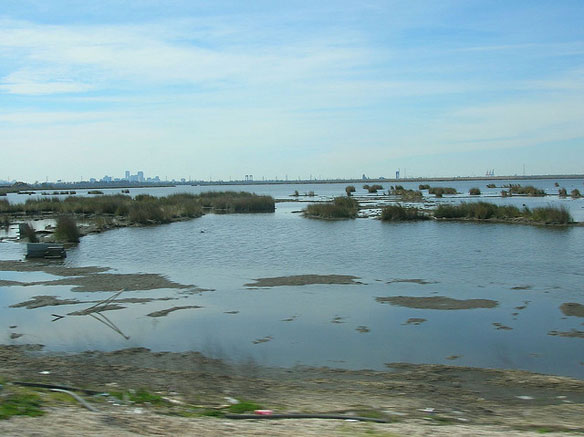
Acting Secretary of Commerce Rebecca Blank just announced $102 million for three Louisiana projects in the Barataria and Terrebone basins, to restore deteriorated wetlands and barrier island habitats along the state’s coast.
Chile Reels in Salmon Farming
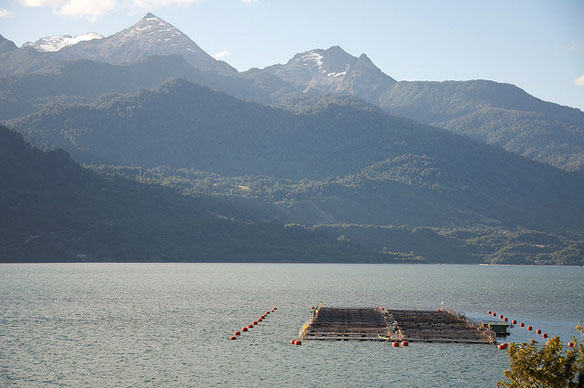
Chile is the second largest producer of salmon in the world. But these fish don’t occur there naturally. Instead, the salmon swim within enclosed nets, often tightly packed together. Kept off the country’s coastline, fish farms like these can pollute local ecosystems. But in Patagonia, Chile has begun taking steps to protect some of its wild waters from the farmed fish.
Great White Shark, Studied By Oceans Research
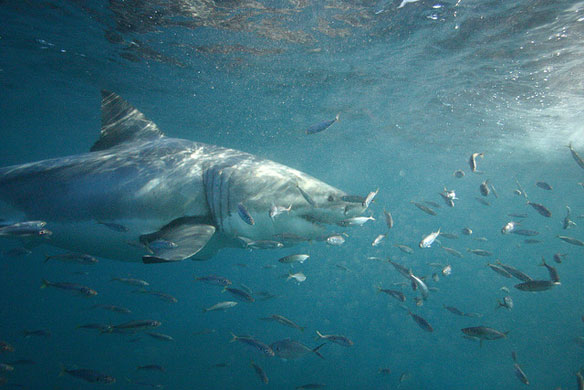
There is no such thing as “swimming beaches” or “surfing beaches.” These are just qualities humans attribute to these areas. All of them are just beaches, all holding the same types of dangers; rip-tides, waves, currents and of course wild animals. Great white sharks are commonly found in near shore locations, and its important again to remind people that the environment does not belong to us selectively for our use.
Huge Ancient Roman Shipyard Unearthed in Italy
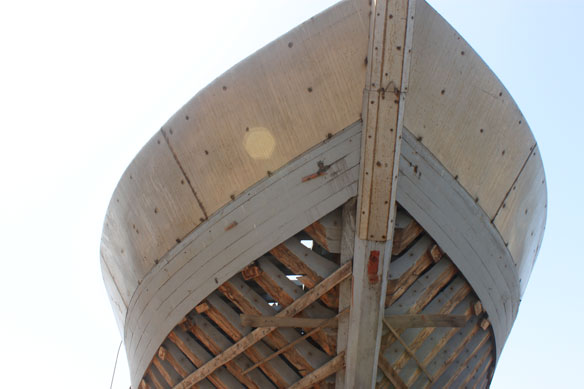
Few Roman Imperial shipyards have been discovered and, if all identification are correct, this would be the largest of its kind in Italy or the Mediterranean.
Providing a glimpse of a renewable future: Orkney Islands, Scotland
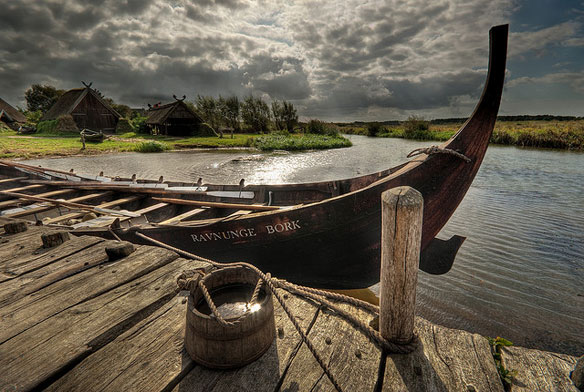
Orkney archipelago, situated where the North Sea and Atlantic Ocean collide, a maritime crossroads that Vikings featured in their sagas, continues to provide inspiration but this time it’s for a new generation of pioneers using the land and sea to produce renewable electricity.
Asia-Pacific Region Faces Climate Change Induced Migration
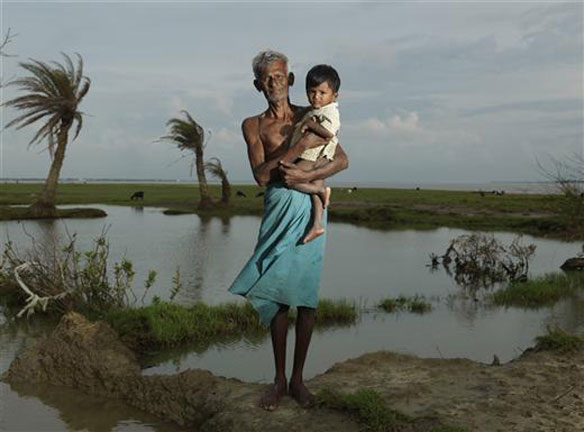
The Asian Development Bank (ADB) reported that countries in the Asia-Pacific region will need to develop policies to deal with massive population shifts as a result of climate change impacts such as sea-level rise and variable monsoons. The region is highly exposed to environmental risks, having by far the highest population density of any continent living in low-elevation coastal zones, while it is also home to the largest number of people living in poverty.
Oldest Bay Area Salt Flat Turned Into Wetland
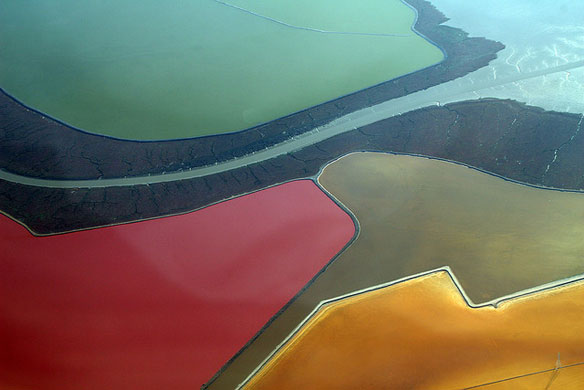
Salt flats in Hayward, California, are being returned to tidal wetlands as part of the biggest salt pond restoration project on the Pacific Coast. Authorities breached a levee, to allow water to flow into these flats.
On The Elwha, A New Life When The Dam Breaks
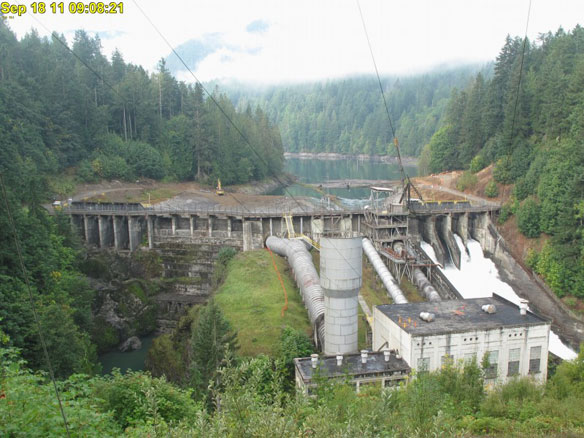
Nobody figured the largest dam removal project ever attempted in the U.S. was going to be easy, or fast.The nation’s largest and most ambitious dam removal will begin this month, when workers start demolishing two antique dams on Washington state’s Elwha River…
Observations of Climate Change from Indigenous Alaskans
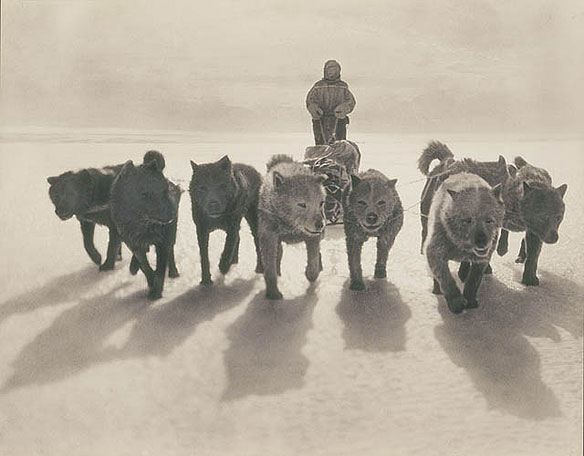
USGS coordinated interviews with Yup’ik hunters, Alaska Natives, to document their observations of climate change. By integrating scientific studies with indigenous observation, these multiple forms of knowledge allow for a more comprehensive understanding of the complex challenges posed by climate change. The indigenous knowledge encompasses observations, lessons and stories about the environment that have been handed down for generations, providing a long history of environmental knowledge.
